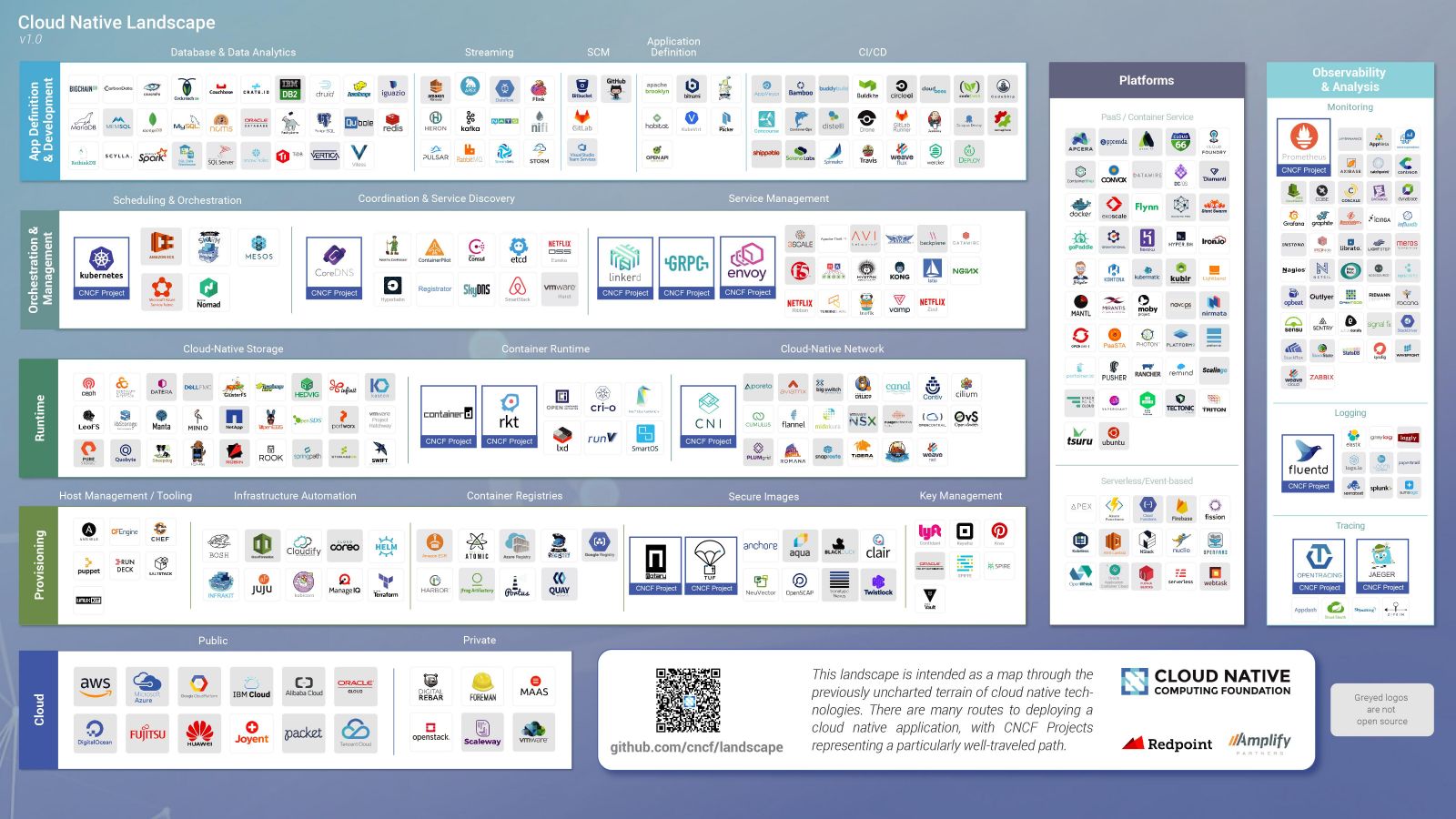At KubeCon in Austin, TX, the cloud-native data management company, Kasten, came out of stealth and announced the release of its K10 platform. This new platform uses a novel application-centric approach to enable enterprises to meet business continuity and compliance requirements around stateful container based applications running at scale on public and private Kubernetes deployments. Aside from K10, the company also announced its open source project that is an extensible framework for application-level data management, Kanister.

Kasten is very recently founded and already cranking out products. The founders, Niraj Tolia (CEO) and Vaibhav Kamra (VP of Engineering), previously worked for companies such as Maginatics, Dell EMC, HPE, and Microsoft. The company is also backed by well-known Silicon Valley angels and executives from Google, Amazon and Facebook.
Cloud-native applications and containers are becoming increasing used as enterprises realize the benefits. While running stateless applications is becoming more common there are still some issues that need to be address around data management, satisfying business continuity, and compliance requirements. These issues stem form two primary causes: data management tools are VM-focused and the proper data lifecycle management is at odds with most implementations of the DevOps model in the enterprise. This means operators don’t have the tools or visibility that they need and gets worse at scale.
Kasten is out of stealth to address the above issues. As stated above, K10 is a application-centric data management platform. K10 is all about balance, from the application and throughout the infrastructure. It is beneficial to both operators and developers balancing the needs of both. Operators are able to control data protection and mobility of the entire application stack while developers can focus on core application logic. The company goes on to state that their platform will give enterprises the freedom to fully adopt and reap the benefits of cloud-native platforms regardless of the type of workload.
Key Capabilities
- Policy-driven Automation – In a cloud-native environment, applications come and go rapidly and scale dynamically. Even though IT operators may not be involved in some of these transitions, Kasten K10 makes it possible to proactively define policies and data management workflows that will be triggered automatically for both existing and future applications.
- Compliance Monitoring – Kasten K10 provides a unified view of data management operations across applications in a cloud-native environment. More specifically, it enables operators to monitor the compliance metrics they are responsible for and easily identify applications that need attention.
- Data Protection – Kasten K10 offers facilities for robust application-centric data protection. The platform captures and orchestrates life cycle management operations for both application configuration and persistent data. The Kanister framework allows for deep integration with specific applications.
- Data Mobility and Manipulation – To truly harness the power of cloud-native environments, stateful applications need to be fully portable, including the persistent data component. Kasten K10 delivers foundational mechanisms for moving data sets and performing customer-defined transformations.
Use Cases
- Test/Dev Workflows – The ability to provide developers with a high-fidelity replica of their production environment is key for identifying and correcting problems early. Kasten K10 simplifies the process of re-creating dev and test environments, while providing enterprise grade features like data masking and access controls.
- Backup and Recovery – While modern applications often utilize redundant highly-available data stores that are not susceptible to single point of failure, Kasten K10 layers the ability to protect and recover data in cases of accidental or malicious data loss, a key requirement for enterprises. Further, K10 enables the modernization of traditional applications by removing data protection operational roadblocks.
- Cloud Migration – For a number of reasons, including but not limited to achieving additional agility and resiliency or unlocking savings potential, enterprises are looking for workload portability. Kasten K10 makes it possible to move an entire application stack, including the data, within different regions of the same cloud and across public or private clouds.
- Disaster Recovery – Providing business continuity in the case of catastrophic failure remains a table stakes requirement for enterprises. Kasten K10 dramatically simplifies the ability to recover from outages by enabling policy based replication of data and application state between clusters for fast orchestrated recovery.
Availability
Kasten K10 is available now.




 Amazon
Amazon